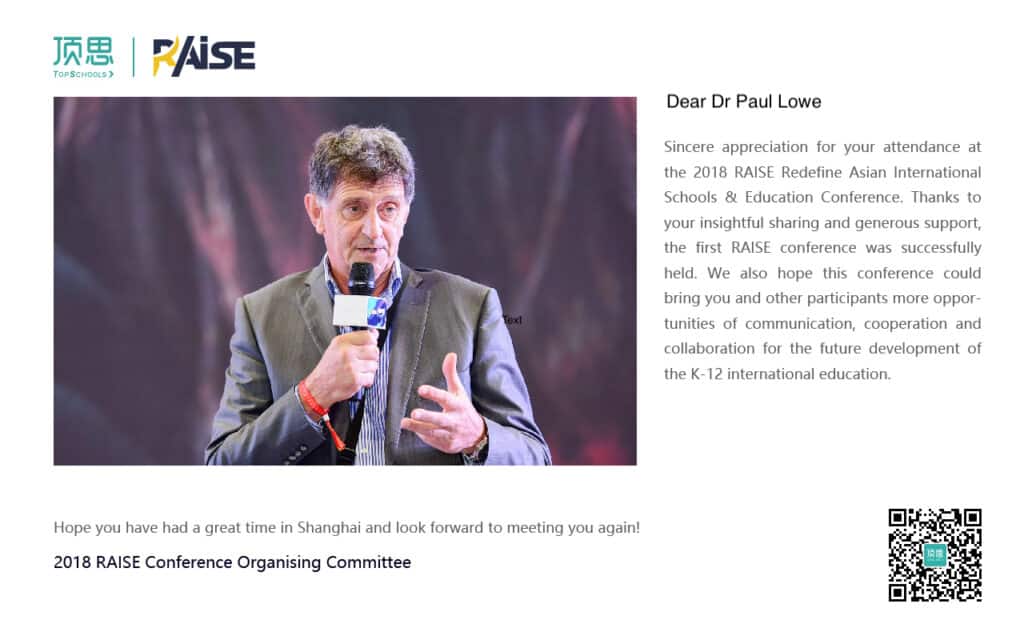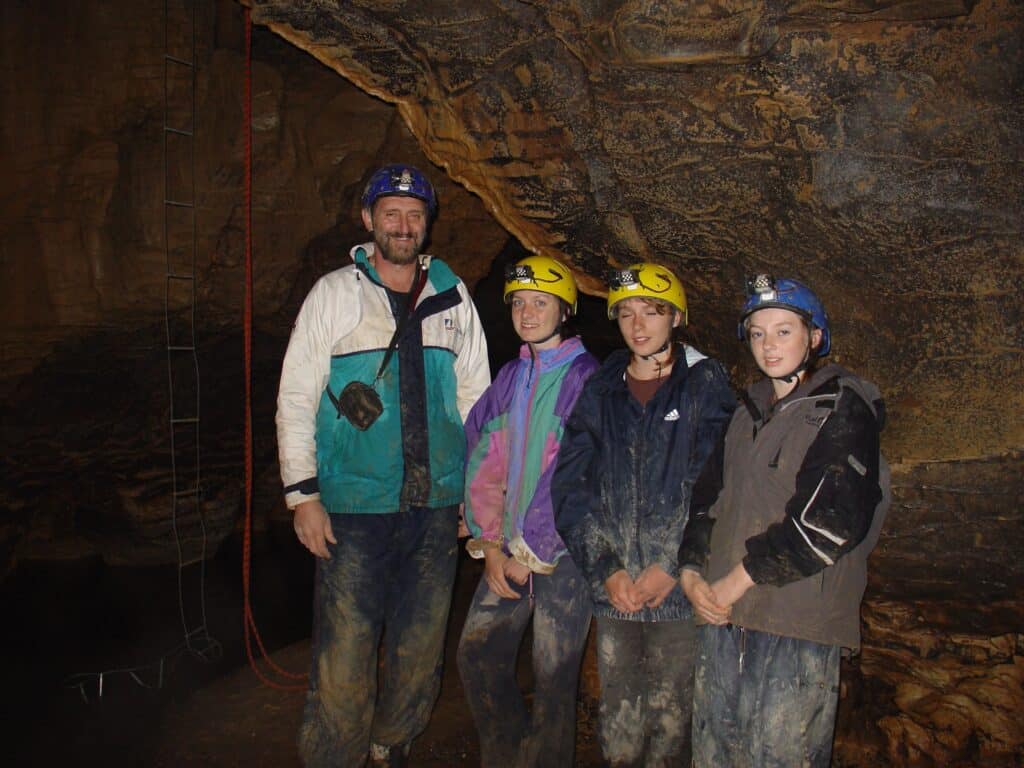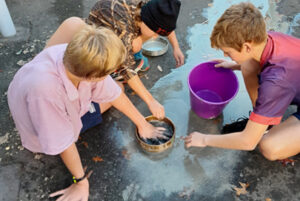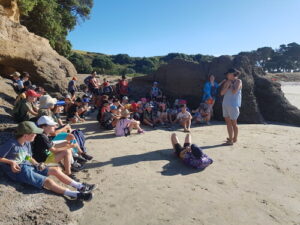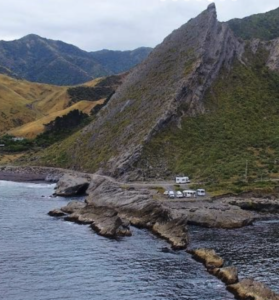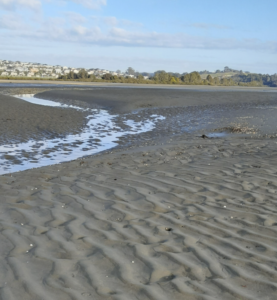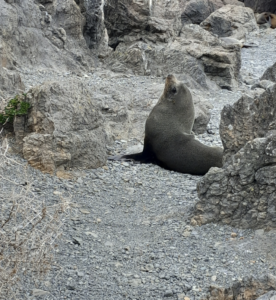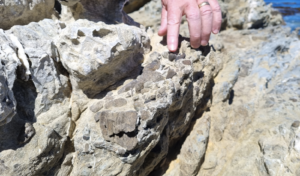Paul loves the outdoors and sports, having played and coached at a high level, rugby, sailing, windsurfing and outdoor education.
In Science and Technology, Paul’s students followed their passion, leading to local, national and international success. Fourteen of them represent NZ overseas. Many went on to research medicine and Dairy NZ, and one became the Prime Minister, Jacinda.
Paul developed engaging teaching methods rooted in real-world research to inspire a lifelong ‘Joy of learning’. He introduced Cooperative Learning and Assessment (COLA)for Year 9/10 students and pioneered the Problem-Based Learning in Teams (PROBLIT) from 2006-2011, which involved top Year 10 students from various schools. He also put together the PLUTO project 2009-2011 middle/lower ability students co-director. The project was further studied as a PhD research by Simon Taylor. You can watch an interview here about it by Kris Dugan (Now House of Science).
This work saw Paul recognized with the KUDOS Award 2009, and the inaugural Prime Ministers Science Teacher award 2010. After this, he explored the world through education, Abu Dhabi, Malaysia, New Zealand, Tokyo and China with his wife.
When he was based in Abu Dhabi, from 2011 to 2015, as a Senior Science Curriculum Specialist, Paul was responsible for 10,000 local students per grade. Along with his local colleagues, they introduced COLA and PROBLIT in a student-centred learning environment. As the sheikh leaders of the Emirate wanted GIS (Geographic Information System) to be introduced, together with key education advisors, Paul led the introduction of three successful inquiries at the Y7/8 level with strong links to the local culture, involving Kayaking in the mangroves, Houbara artificial breeding (Endangered prey of the falcon) and Mongolian artificial nesting program for the Falcon. These were invited to present at Helsinki University in 2014. You can watch the presentation here as well as the Y7 students presenting to the sheikhs here.
Paul also presented PROBLIT at the same conference. Click here to watch.
Following the year 2016 with Team Solutions SSA (Secondary Student Achievement program) in the Central North, the MoE SSA programme was finished.
Paul then went to Tokyo and was responsible for pedagogy across all subjects and year levels at AOBA Japan International School. Requirements:
- Strong student agency.
- Student selected differentiated team based.
- Teams planned their lessons using a day planner.
- Most assessments are team-based with review assessments. Examples in the IBDP Chemistry class: Here.
- Engaging and relevant contexts.
- Used PBL in a well-established learning cycle: Big Question (BQ) > Engage > Gather Knowledge (GK) > “Take action’ (Presentation).
- There were always opportunities in the ‘Take Action’ or ‘Presentation’ to be creative and use deep thinking with any presentation format.
- Used instruments to measure and drive change: Described here.
- This meant a 100% attendance during 5 months of lockdown, no real change. Visit.
Many of the PBL tasks were essentially STEAM projects, given the open nature of the BQ and the possibilities of different presentations. Examples: One and Two.
What I can do in your school:
I currently work with Primary, Intermediate and Secondary Schools:
- Science subjects, STEM.
- All other subjects.
- Together, we work to find a good place to start. Using the principles of gradual release. Tailored PLD to suit your needs, we co-construct direction.
- It can be within one learning area, even just a few individuals, to grow future facilitators within the school.
- Develop a learning cycle specific to the school. Example: Papatoetoe West NZ Histories launch video, here.
- PLD sessions with staff reflect how students operate, teams, follow the learning cycle, use day planners, and use graphic organizers to plan and present.
- In years 1-8, the use of House of Science kits is supplemented with extra experiments and staff training helps and a lot of fun. Field-based work in the local region. Examples of student engagement. ‘How to keep our whanau safe in a storm’. Launch
The water cycle, here.
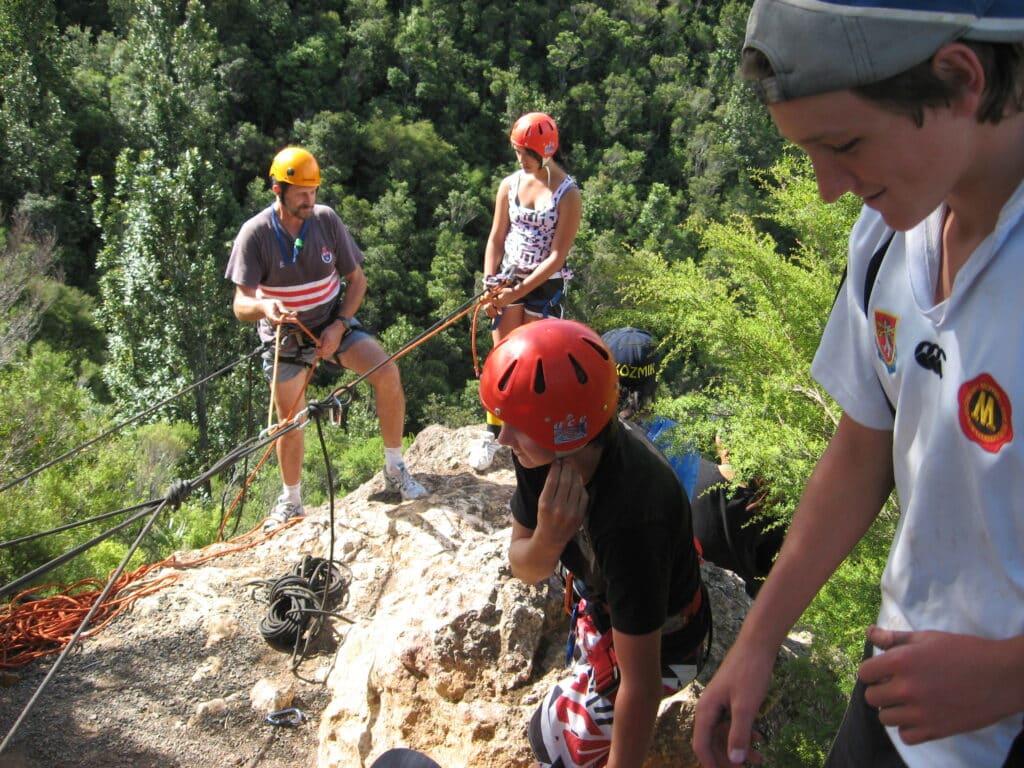
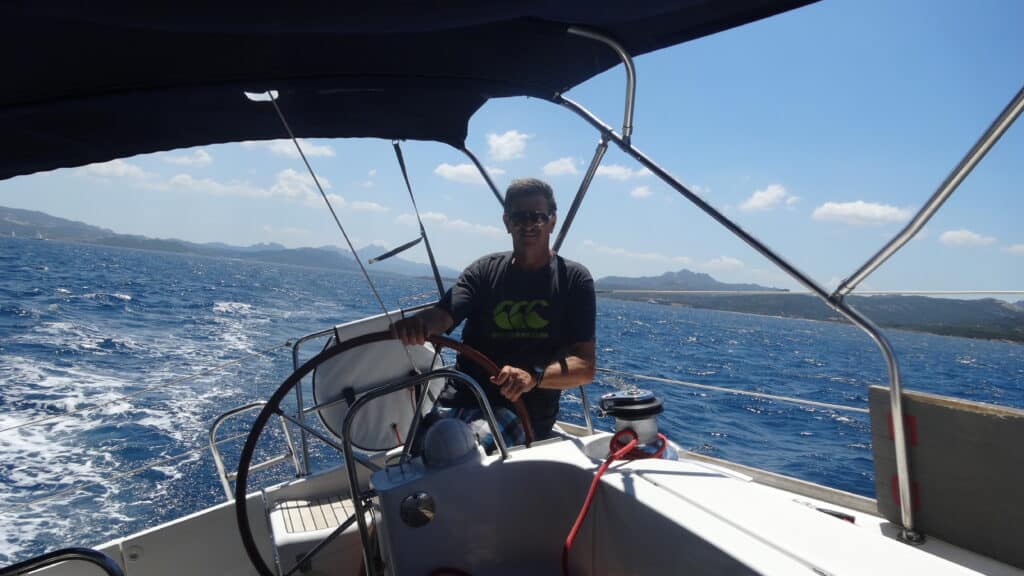
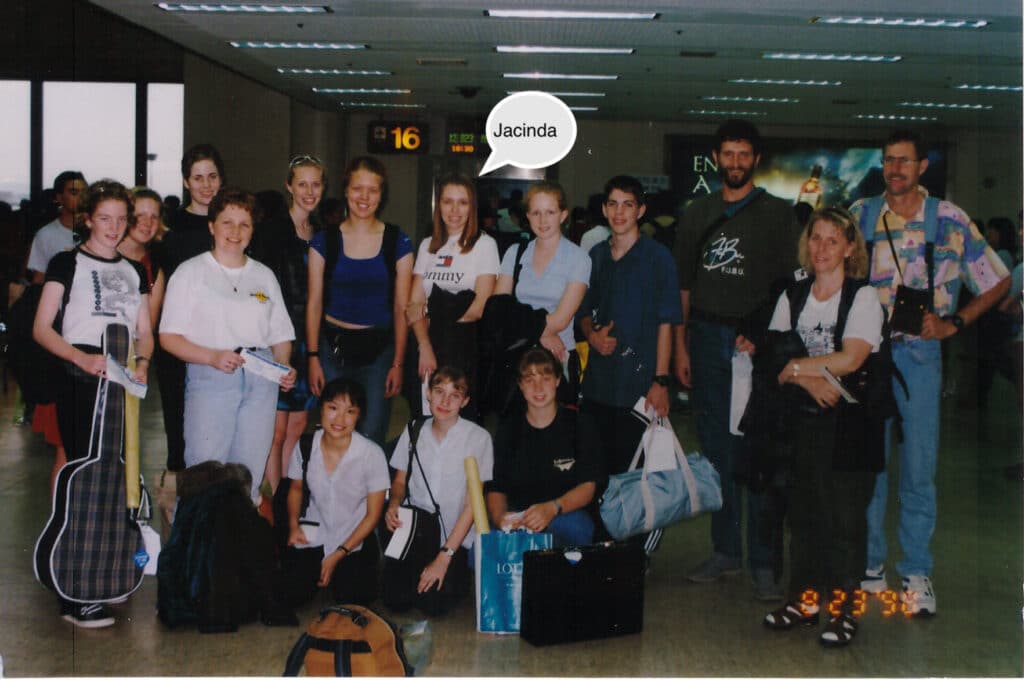
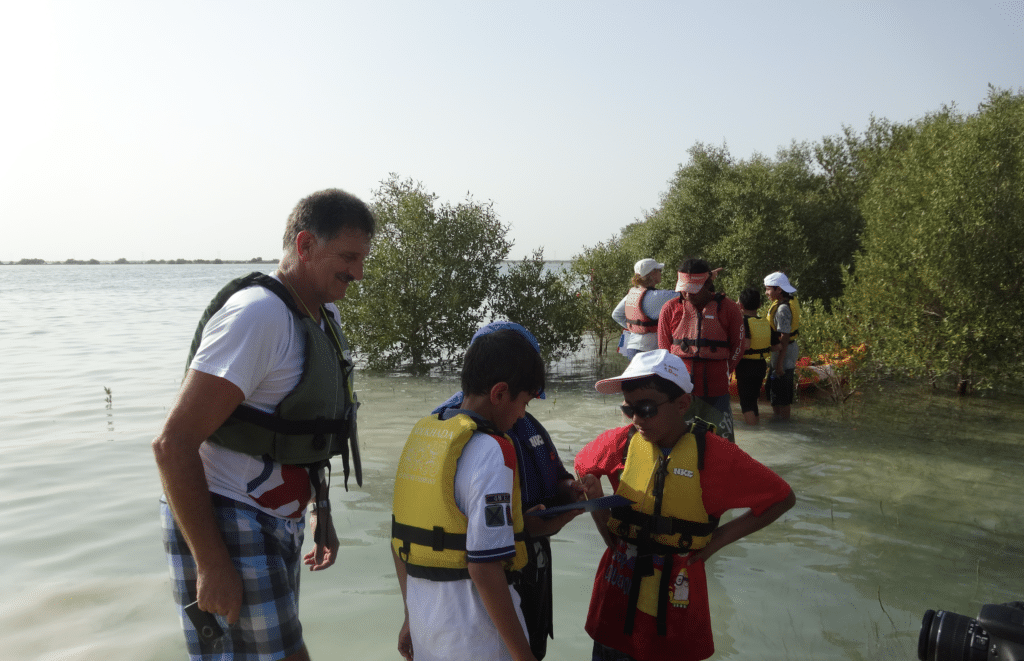
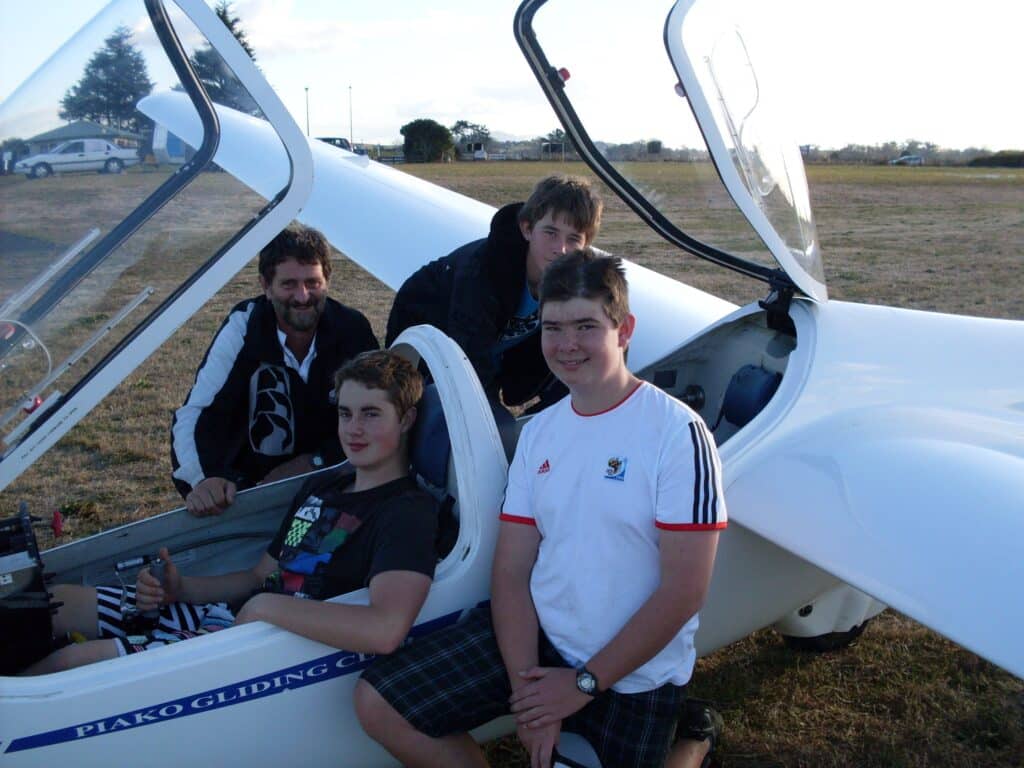
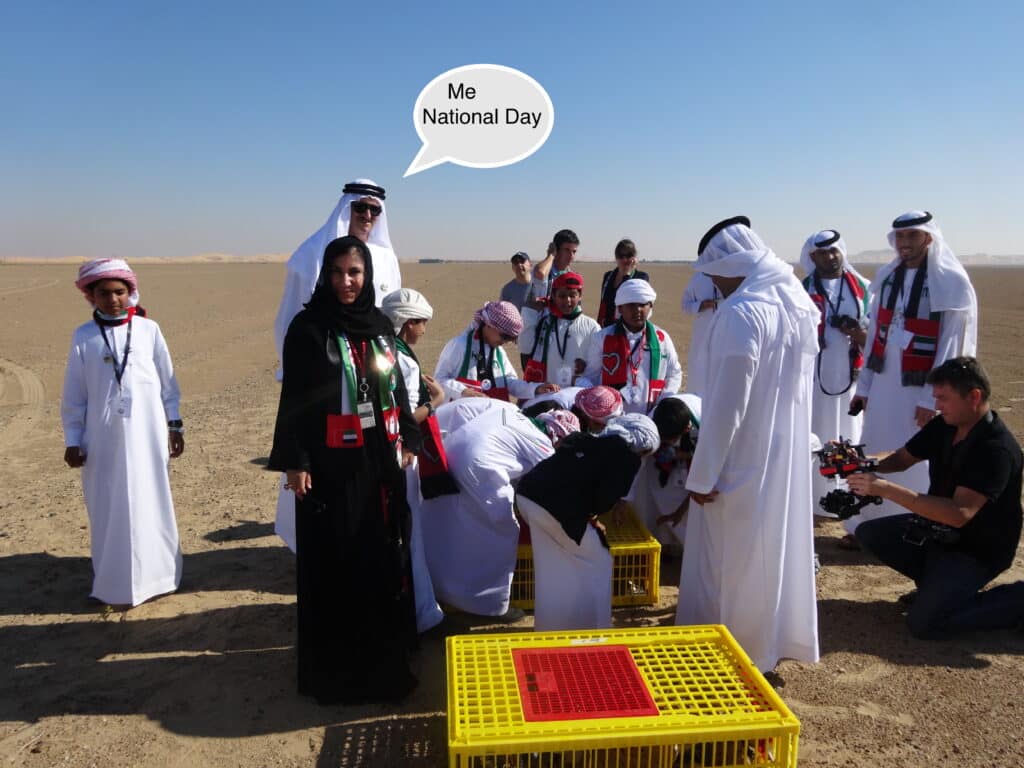
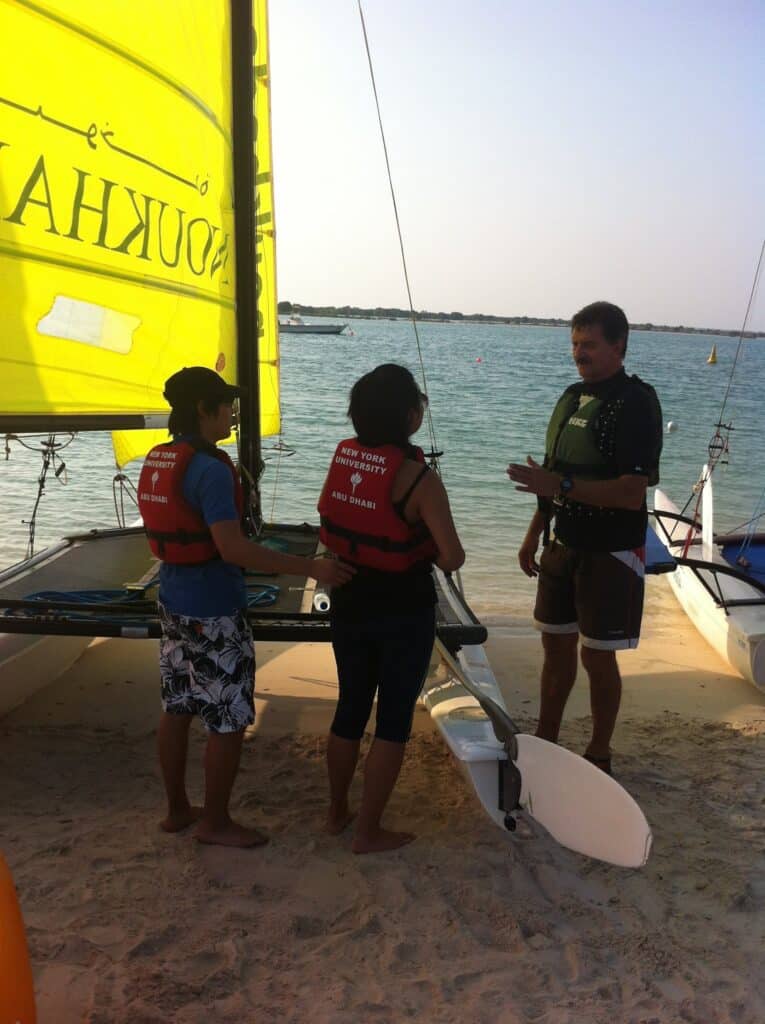
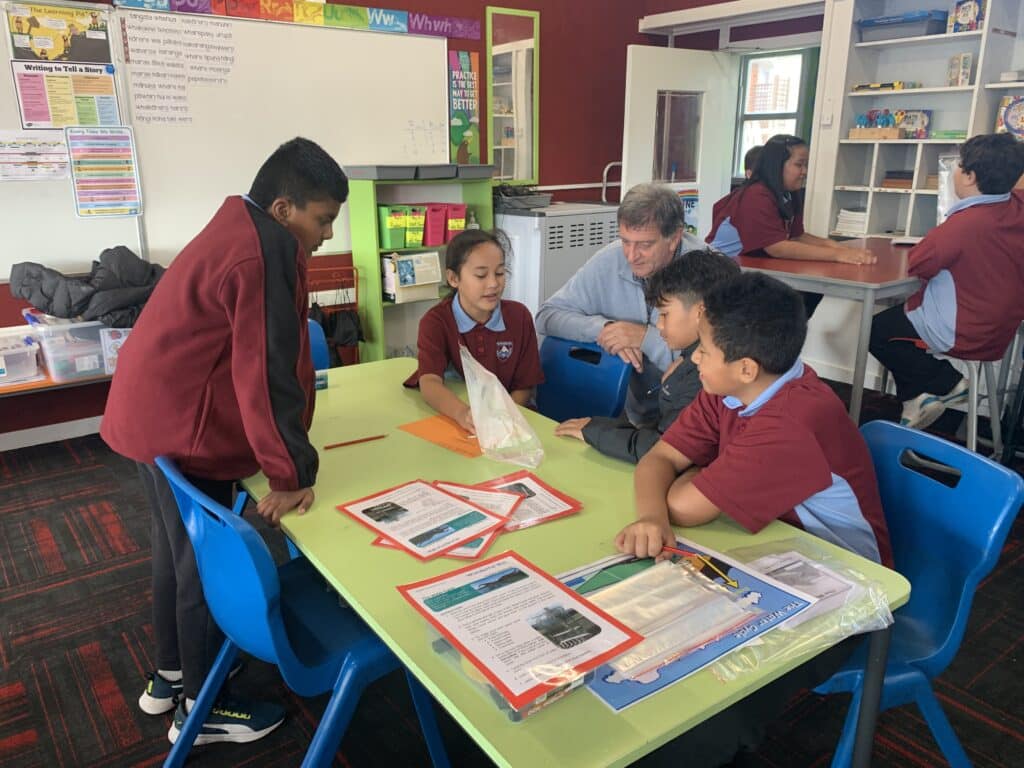
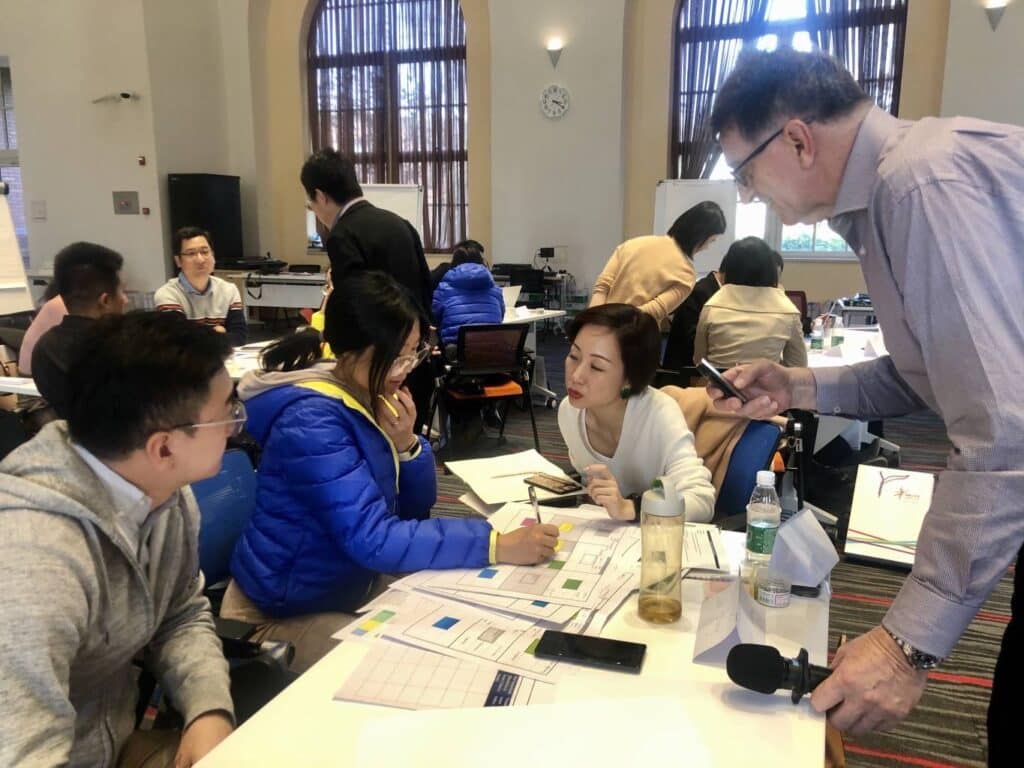
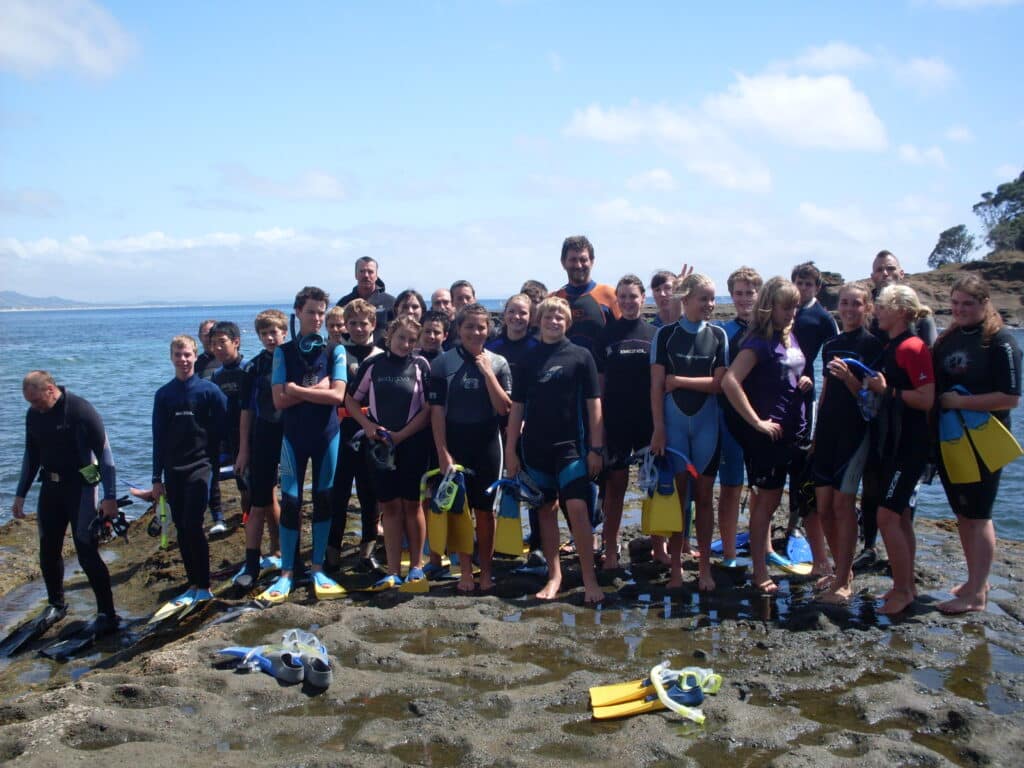
More examples and presentations on my YouTube channel: Handle: @problit …

